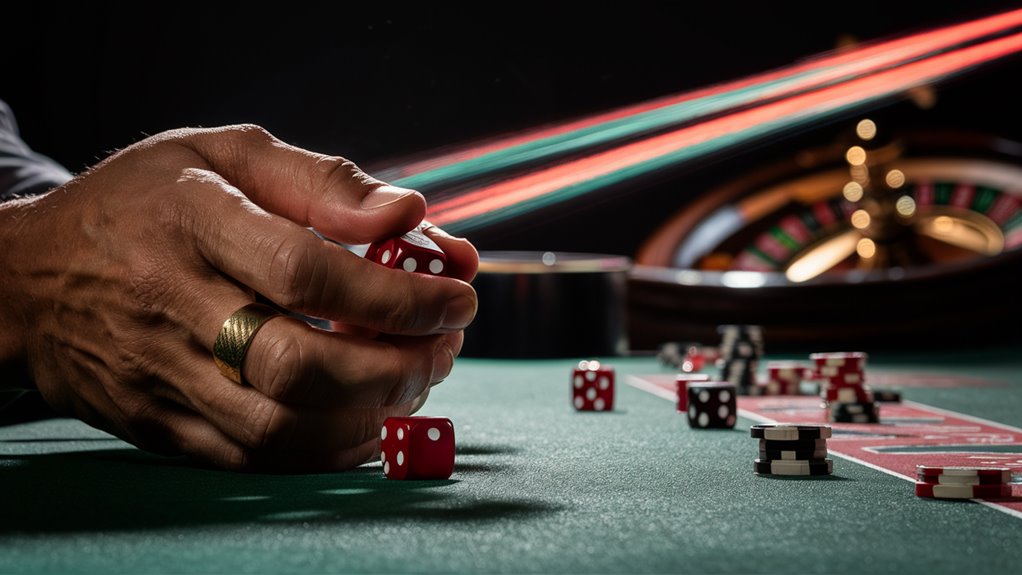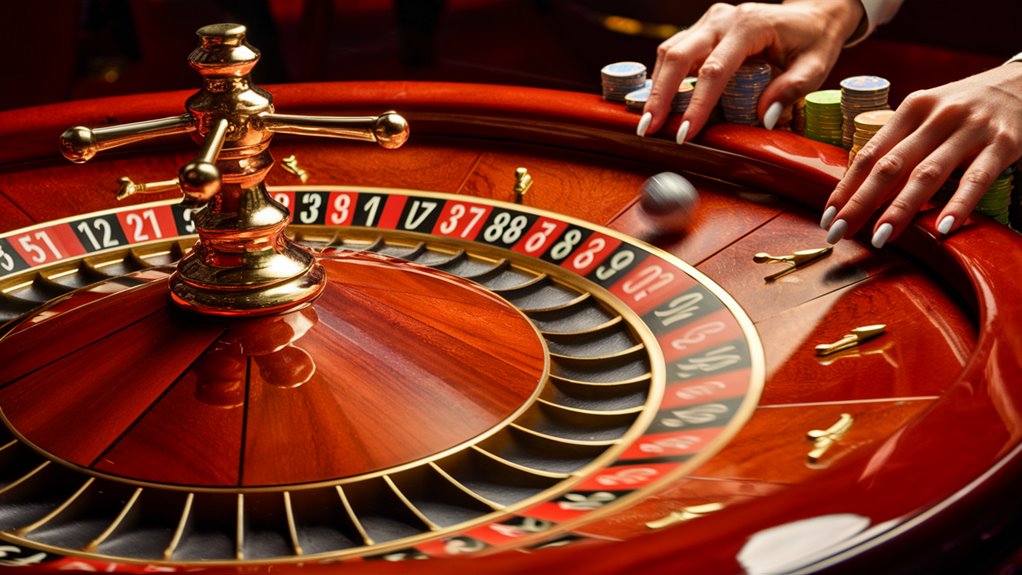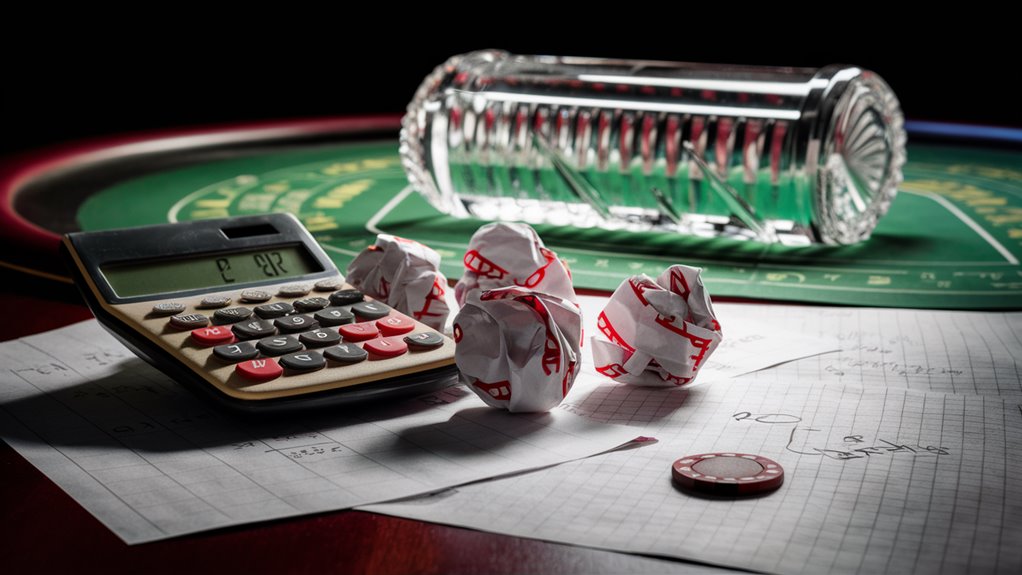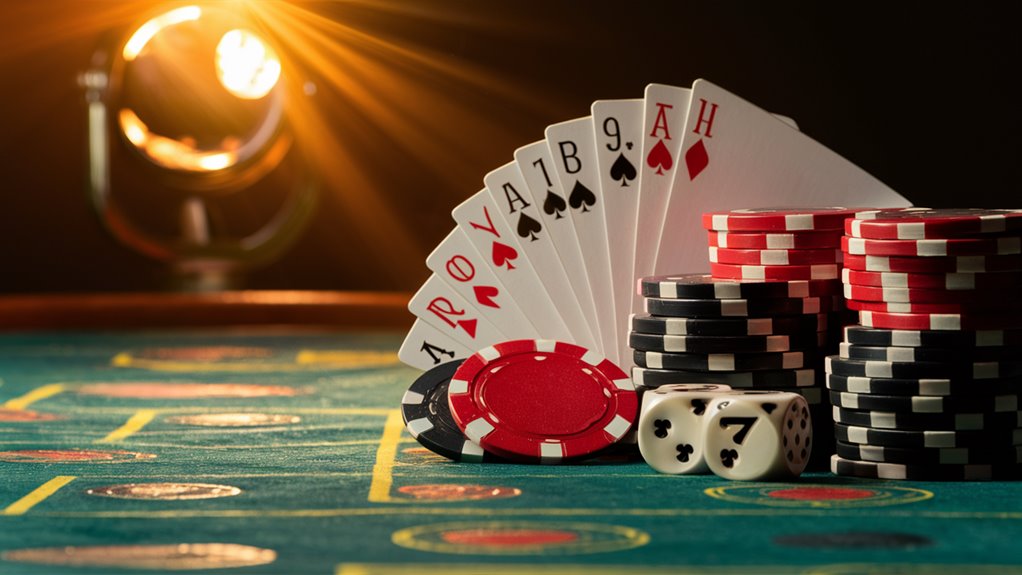The Mind Game: Why People Love Casino Games
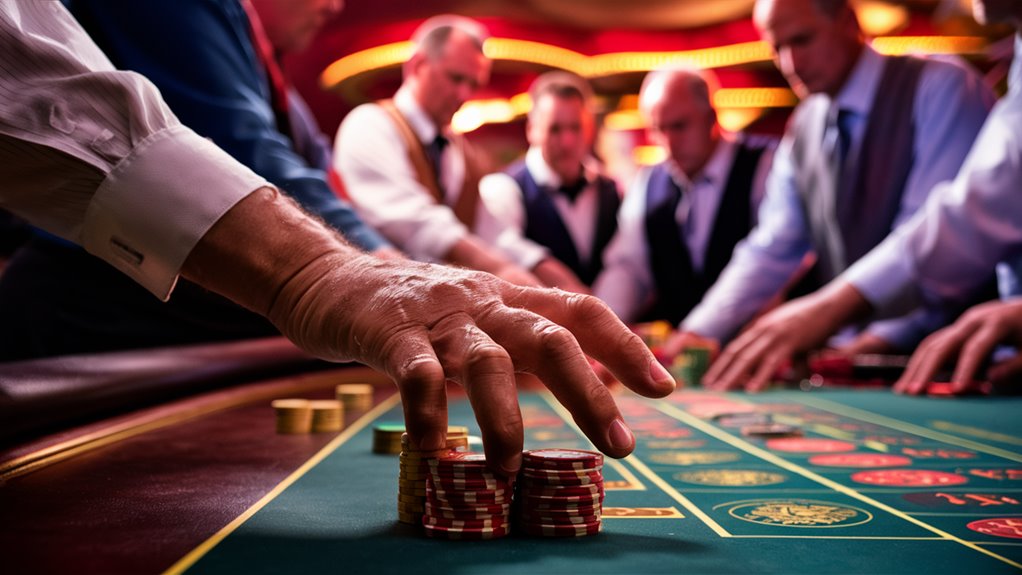
The Brain and Its Love for Rewards
The brain’s need for rewards is key when people gamble. When playing casino games, the flow of dopamine makes one feel great, causing a strong brain response that can turn into a need to play more. This reaction is a big reason why gambling gets people. 이 내용을 꼭 확인해보세요
How Near Wins Keep Players Hooked
The near-miss effect is vital in keeping gamblers playing. These almost wins fire up brain paths like real wins do, keeping players on the edge, going back for more even when they lose. Studies show that this keeps players in the game longer, making it useful for casinos.
The Power of Casino Design
Casinos craft their spaces to make a big impact on your mind. Through smart lights, planned sounds, and the setup of the place, they make a space that pulls you in. These cues match up well with the brain’s own reward system.
The Role of Culture in Gambling
Culture shapes how gambling is seen and how much it’s done. From place to place, how much people gamble can vary a lot. This social side affects both why people start and why they keep going.
Believing in Luck
Gamblers often feel they can control the game. They think their actions or plans can change what is likely to happen, even though game odds are out of their hands. Seeing how this mind trick works shows why players stay hopeful even when losing again and again.
The Brain’s Reward Spot
How Gambling Tickles the Brain’s Reward Center
Dopamine and Winning
Dopamine flows hit the brain during gambling, starting paths meant for getting by. The fun center of our brain, called the nucleus accumbens, sends out happy chemicals when we bet, making us feel great even before we know if we win or lose.
Understanding Gambling’s Pull
When gamblers win, the brain sets off more dopamine, which makes the pull stronger. Also, near win times, where it seems like they almost won, make the brain act like it has won. These round off as semi-wins, which push gamblers to keep going even when they’re down money-wise.
Getting Used to Gambling
Too much gambling can change the brain’s reward area. This change means needing bigger bets or more rounds to feel good. This getting used to part is like what happens with drug habits, where more is needed to get the feel-good effect. Knowing how these reward paths work is key to seeing how small-time fun turns into a serious need to gamble.
Culture and Social Looks at Gambling
How Society Views Gambling Matters
The Lure of Almost Winning
The near-miss effect happens when gamblers almost win, like when two slot icons line up and the third just barely misses. Their brain lights up like they have won, pulling them back.
Staying in the Game
Near-miss times make gamblers think they almost had it. It makes them stay longer, thinking they are getting better or can beat the game, even as they lose more. The mind trick of near misses pushes them to play more, losing track of their loses.
Casino Tricks
Modern play spots build games to show more near wins than by chance. This game plan uses brain tricks with careful math to make you stay and play more. Studying casino numbers shows that gamblers who see a lot of near wins play longer and come back more, even while they keep losing like others.
The Part of Gambling That Lets You Forget
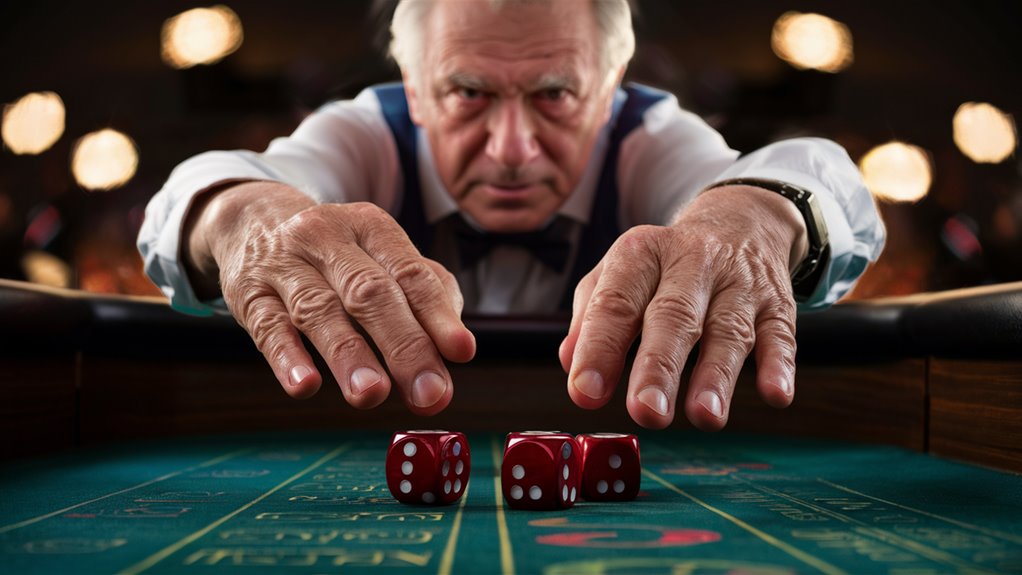
How Gambling Takes You Away
Getting hooked on gambling and using it to escape are deeply mixed, as casinos make a space that lets you forget real-life stress. The casino setup feels apart from time and the real world, planned to make you let go of outside worries.
The Mind’s Part in the Great Escape
The brain’s need for rewards is a big part in why gambling works as a way out. While betting, players get so into it that they shut out everything else. This deep focus forms a wall against stress. The rush of dopamine during play puts a buffer on bad feelings, showing why gamblers feel like they are in another world.
The Downside of Getting Away Through Gambling
While gambling can ease stress for a bit, it can grow into a bad habit. Using it to dodge real life can turn into a bad way to cope, especially when that’s all one uses to deal with hard times. Leaning on it too much often leads to gambling problems, more so when deeper mind troubles aren’t fixed.
How Players Think They Can Beat the Game
The Mind Games of Gambling
The trick of control is when players think they can change what will happen in a game through what they do, even if it’s all about luck. This mind play really shapes how they act and decide in casinos.
What Happens in Casinos
Casino goers often do things they think will give them luck:
- Throwing dice in special ways
- Picking slot machines they feel will pay out soon
- Trying complex bet plans to win more than they lose
Studies and Setting
Studies show that thinking you can control things gets stronger when the game feels familiar. Key things that make players feel this include:
- Picking their own lottery numbers
- Being part of the game, like in dice games
- Games that let you touch and make choices
How Casinos Mess with Your Mind
Game places use setup bits that make you feel more in control:
- Buttons and levers you can move
- Ways to make choices in the game
- Points in the game where you decide what to do
Why Risk and Thrills Pull Players In
The Mind Science of Gambling Highs
Dopamine rushes are important in the mind games of gambling, pushing the thrill of taking risks in casinos. When people bet, their brain sets off this strong sign, making them feel great. This rush builds a habit loop, especially for those who chase thrills. How Online Gambling Is Transforming the Casino Experience
Who Takes the Big Risks
Studies show clear habits among gamblers, with thrill chasers showing clear ways of acting. These players bet big and pick games where they can win or lose a lot. Brain scans show more action in the fun center of their brains during these times.
How Casinos Boost the Rush
The well-thought-out casino feel ups the thrill of risk-taking through how it’s set up. Fast lights and sounds of winning and almost wins launch more dopamine. This sets off a strong mind loop, making players stay longer and take bigger risks. The mix of these setting bits with how the brain works makes a space that pulls thrill seekers deep into the experience.
